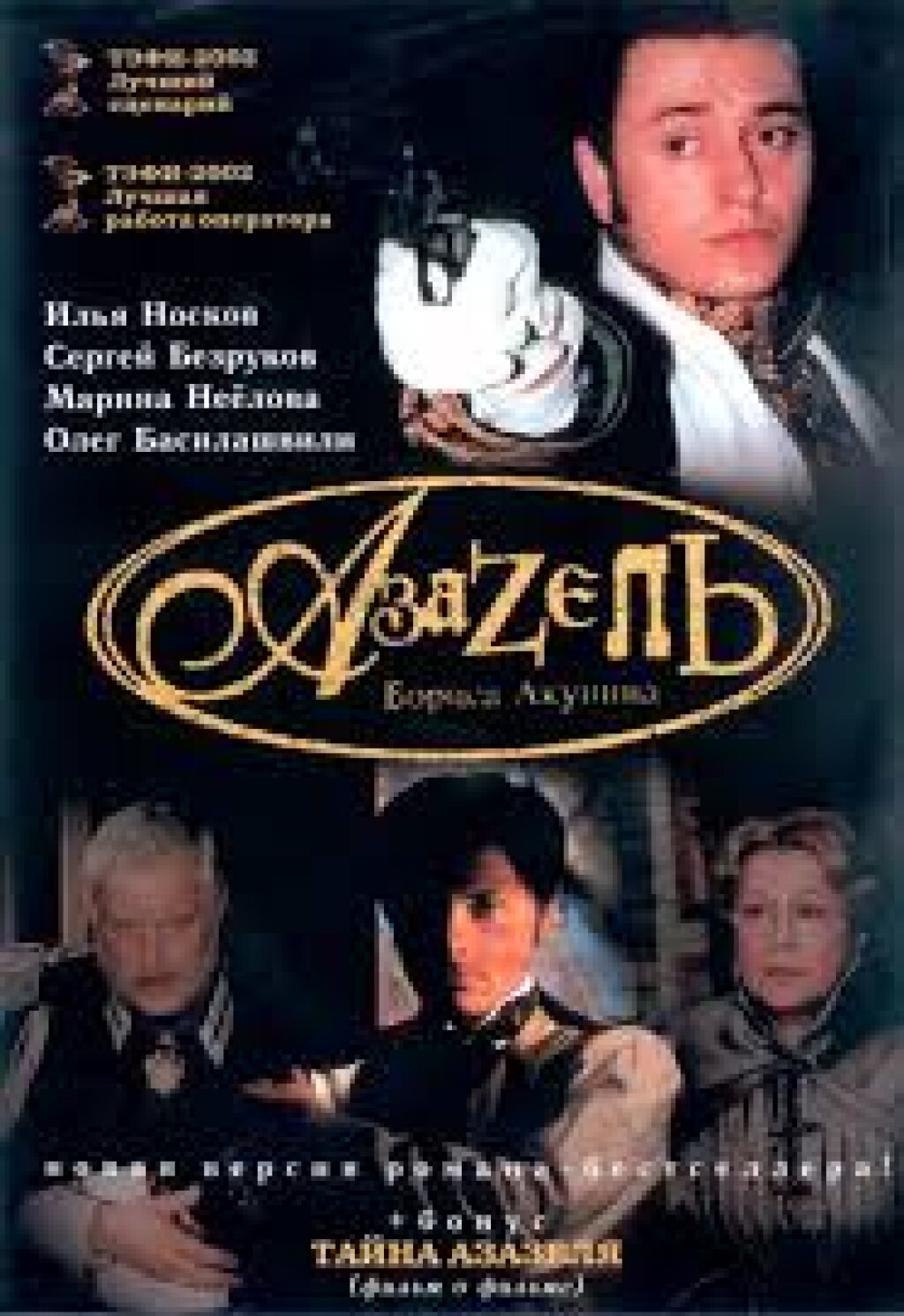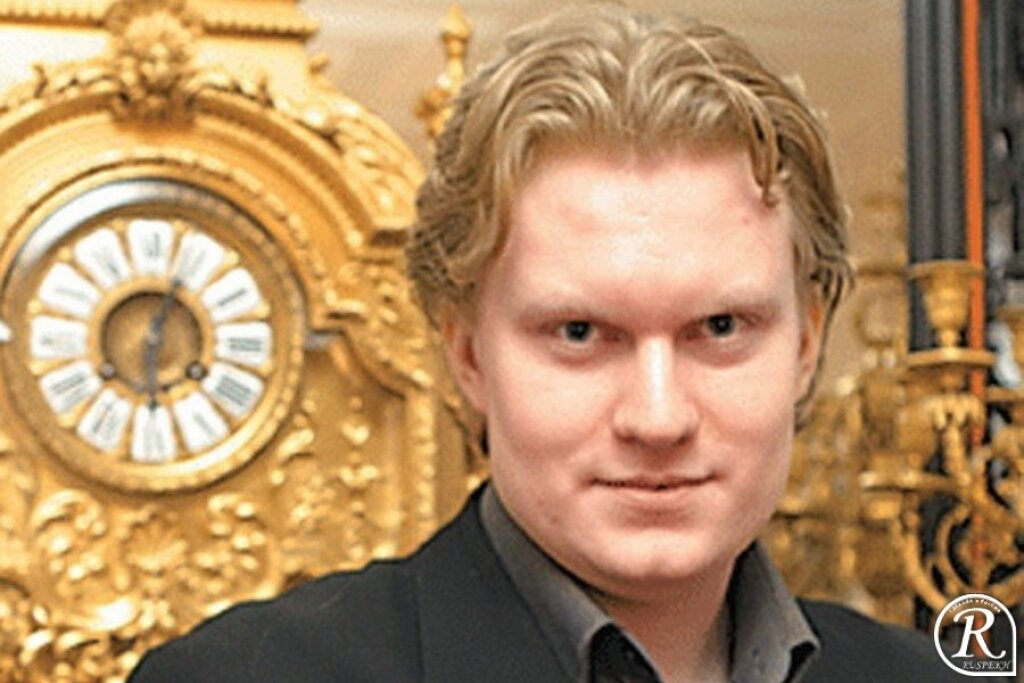This is the fifth installment of "Rereading Akunin" focusing on The Winter Queen. For the introduction to the series, and subsequent installments, go here.
Is there anything more tedious than historical parallels, especially in Russia? And if it really is those who forget the past that are doomed to repeat it, then shouldn’t Russians, who can’t stop talking about history, be constantly forging a new path? The country has been so obsessed with history and commemoration that Russia would be justified in abandoning plausible historical events in favor of unlikely plot twists, to the point that Russian history starts looking like the last season of Lost, or any show run by Ryan Murphy.
One of the pleasures of the Fandorin novels stems precisely from historical parallels, all the more so because the parallels are rarely banal. Such is the case with Chapter Six of The Winter Queen, which manages to introduce an important new character and remind the reader of both a crucial nineteenth-century Russian literary type and the deductive traditions of Sherlock Holmes, all while setting up a series of contrasts that work both for the time of the novel (1876) and the time of the novel’s publication (1998). Not to mention establishing an irritating verbal habit that will follow Fandorin for the next fifteen or so books.
Chapter Six,
in which the man of the future makes his appearance
Chapter Six begins with Grushin’s visit to Fandorin, who has been recuperating in his hovel for several days since the stabbing. Grushin informs Fandorin that the case is now the object of a great deal of attention from on high, because the murdered Akhtyrtsev was the grandson of a bigwig and the son of an ambassador. Meanwhile, Bezheskaya (probably not her real name) has disappeared.
So now a special investigator has been sent from St. Petersburg: “One of the new men, a man of the people, a man of the future. Does everything scientifically,” Grushin indignantly explains. This 30-year-old state counselor, Ivan Franzevich Brilling, has turned the office upside down, displacing the samovar in the refreshment room in favor of a telegraph. Fandorin is appalled that Brilling plans to visit him in his home; after Grushin leaves, he spends a fair amount of time trying to make the place presentable. Brilling arrives and immediately asks if Grushin complained about the telegraph. He then goes into a five-part explanation of the reasoning process that led him to this conclusion, at which point Fandorin falls hopelessly under his spell.
Brilling commends Fandorin on the Lord Byron corset, suggesting that all the men be outfitted with them. After they discuss Bezhetskaya’s charms, Brilling reveals that he, like Fandorin, is an orphan: “Well, for building character it’s actually quite beneficial.” He gives Fandorin a raise, and then leaves.
Back at the office, Fandorin finds that things have, indeed, changed. Brilling has written out his ideas on a chalkboard and talks about the word “Azazel” uttered by the assassin. Rejecting an anti-Jewish conspiracy theory offered by his colleagues, Brilling suggests a nihilist organization. When Fandorin remarks that they should look into Lady Astair, Brilling dismisses the idea out of hands—he knows the Baroness—, but then gives him permission to investigate her.
’Twas Brilling, and the slithy toves/Did gyre and gimble in the wabe
“Brilling” is an odd last name, most particularly because it does not exist. According to urbandictionary.com, ”brilling” refers to “the act of having rough sex using roadkill warmed up in the microwave.” Since the Fandorin project is supposed to be distinguished by its elegance and good taste, it’s safe to say that this is not what Akunin had in mind.
Most likely, the name is meant to suggest “brilliant,” an adjective that certainly fits Fandorin’s new chief. It is also a very un-Russian name, supporting the sense that he has arrived with foreign notions. Though the surname seems British, the patronymic (“Franzevich”) suggests German origins, which would be consistent with nineteenth-century Russian stereotypes about efficiency (see Stolz in Obolomov).
As much as Brilling charms Fandorin, he is also a reassuring breath of fresh air to the liberal implied reader. He dismisses anti-Semitic conspiracy theories out of hand, commends foreign philanthropists, and modernizes a depressingly stodgy operation. It’s almost as if he’s too good to be true.
As a “man of the future,” he is a clear allusion to the long-awaited “new man” and “positive hero,” a type that Russian writers of the late nineteenth century kept trying and failing to produce (at least, with any aesthetic success). The phrasing of Grushin’s dismissive assessment of Brilling is certainly reminiscent of characters from Nikolai Chernyshevsky’s 1863 What Is To Be Done, the novel that became the bible of generations of revolutionaries and the whipping boy of generations of critics with good taste. Certainly, his logic and steely resolve call to mind Rakhmetov, the ascetic hero introduced towards the end of Chernyshevsky's novel.
All of which grants Brilling an ambiguous status. According to the canons of the Russian classics, he’s a type we’re supposed to be waiting for. But decades of Soviet criticism and socialist realist writing, by beatifying this particular heroic type, also made him profoundly boring. Yet by the same token, popular fiction tends to require positive heroes. To quote Chernyshevsky, what is to be done?
Two things come to mind. The first is taking advantage of the classic literary trope ff doubling--a particularly favorite of the Russians. With Brilling as master and Fandorin as pupil, we potentially have an idealized heroic figure who is too distant for reader identification combined with a viewpoint character who can grow into a similar kind of master before our very eyes.
The second is more interesting. Brilling (and, by extension, possibly Fandorin) represents a break with the past. They are characters who are less the product of the age into which they are born than the makers of the age to come. They are men who are negotiating their way through a time of transition, from one set of values to another, and from one way of doing business to another.
This is, of course, where the historical parallels come in. Brilling and Fandorin are both new men for a changing time (the 1870s) and new heroes for a new age (the late 1990s). In his brilliant (or Brilling) dissertation, Bradley Gorski shows that Fandorin negotiates new ideas of success both as a character (within the novels) and a phenomenon (the literary “project” of an intellectually refined author who has no compunctions about writing for entertainment rather than pure edification).
By setting his stories in the past, the Akunin of 1998 creates new Russian heroes who are in no way “New Russians.” Does the educated, orphaned young Erast Fandorin represent the possibility of making one’s way in a completely new world while retaining one’s personal integrity (a concept so important to Akunin that he invokes these English words in Russian-language interviews)? That would be telling.
Some Minor Observations
—In one long monologue, Brilling invokes nihilists, The Book of Enoch, and Dostoevsky’s The Possessed. He truly is a master of efficiency.
— Bromfield introduces a bit of historical inaccuracy that Akunin successfully avoided. In the original Russian, Brilling dismisses his colleagues “Judeophobic” (юдофобские) rantings. In the English, Brilling uses the adjective “anti-Semitic.” While the first usage of the "anti-Semitic" (in German) dates back to 1860, it only begins its more popular circulation in 1879, three years after the events of this novel.
Work Cited
Bradley Gorski. Authors of Success: Cultural Capitalism and Literary Evolution in Contemporary Russia. PhD Dissertation. Columbia University, 2017
Аркус, Любовь. “Подберите себе Фандорина по вкусу.” Сеанс 23 24 (https://seance.ru/n/23-24/strelyayte-v-pianista-akunin/podberite-sebe-fandorina-po-vkusu/)



